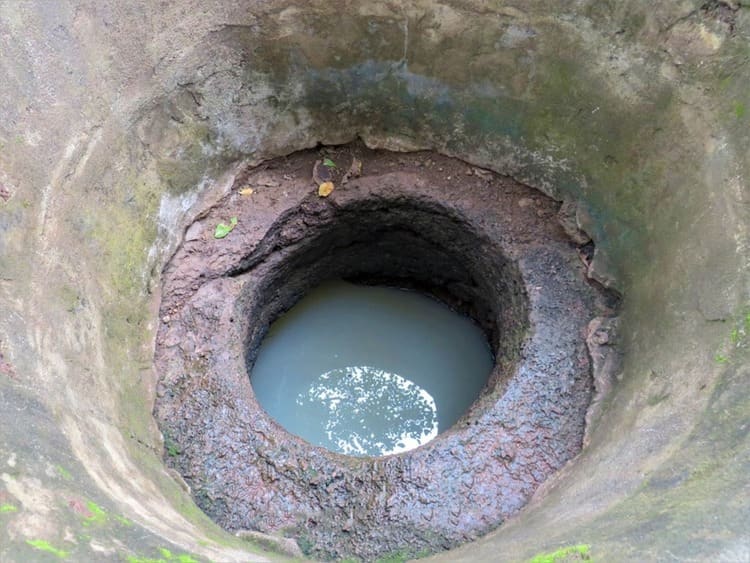Unearthing History: The Salaga Slave Market
Nestled in the heart of northern Ghana, Salaga, a town with a profound history, beckons travellers and history buffs alike. This quaint town was once the epicentre of one of West Africa's largest slave markets. Today, Salaga stands as a testament to the resilience of humanity, offering visitors a unique glimpse into a past that has shaped much of the present.
A Step Back in Time
Salaga's history is inextricably linked with the trans-Saharan trade routes. In the 18th and 19th centuries, it was a bustling market town where traders converged from all over West Africa. The Salaga Slave Market was a crucial node in the network, where slaves, salt, and kola nuts were traded. The market's strategic location made it a pivotal trading hub, connecting the Sahelian regions to the coastal areas.
The slave trade in Salaga was characterized by its brutal efficiency. Captives from the hinterlands were brought to the market, often after enduring harrowing journeys. Here, they were sold and transported to various destinations, including the Americas and other parts of Africa. The market was known for its large stone bowls, used to wash the captives before they were sold. These bowls remain one of the haunting relics of the past, silently narrating stories of pain and endurance.
Salaga Today: A Living Monument
Today, Salaga is a town that honours its past while looking toward the future. The remnants of the slave market are preserved as historical sites, offering a somber reflection on the atrocities of slavery. Visitors can explore these sites, including the infamous stone bowls and the wells that were used to quench the thirst of weary captives.
The town has embraced its historical significance, transforming it into a poignant educational experience. Local guides, often descendants of those who were involved in the trade, provide insightful tours, sharing stories passed down through generations. Their narratives bring a personal touch to the history, making it more relatable and impactful.
A Cultural Melting Pot
Salaga is not just about its dark past. It is also a vibrant community with a rich cultural tapestry. The town is a melting pot of various ethnic groups, each contributing to its unique cultural landscape. Festivals, traditional dances, and local cuisine offer a delightful experience for visitors. The Salaga market, still bustling with activity, is a great place to witness the town's dynamic spirit. Here, you can find a variety of goods, from fresh produce to intricate handicrafts, providing a glimpse into the everyday life of the locals.
On 22 July 2024, the Ghana Government has opened a new visitors center for the Salaga Slave Market and Heritage Site to commemorate the important history of this town in the slave trade.
The Road Ahead
Efforts are underway to further develop Salaga as a tourist destination. The government and local authorities have invested in infrastructure to make the town more accessible to visitors and enhance the educational aspect of the historical sites, ensuring that the stories of the past are preserved and shared with future generations.
For those who seek a deeper understanding of history, a visit to Salaga offers a profound experience. It is a place where the past and present converge, reminding us of the complexities of human history and the enduring spirit of those who came before us.
Plan Your Visit
When planning a trip to Salaga, it's best to go with an open mind and a respectful heart. The town is accessible by road from major cities like Tamale and Accra. Accommodations range from basic guesthouses to more comfortable lodgings, ensuring a pleasant stay for all kinds of travelers.

Hi, I am Jane and I am a GhanaTRVL Insider.













Comments